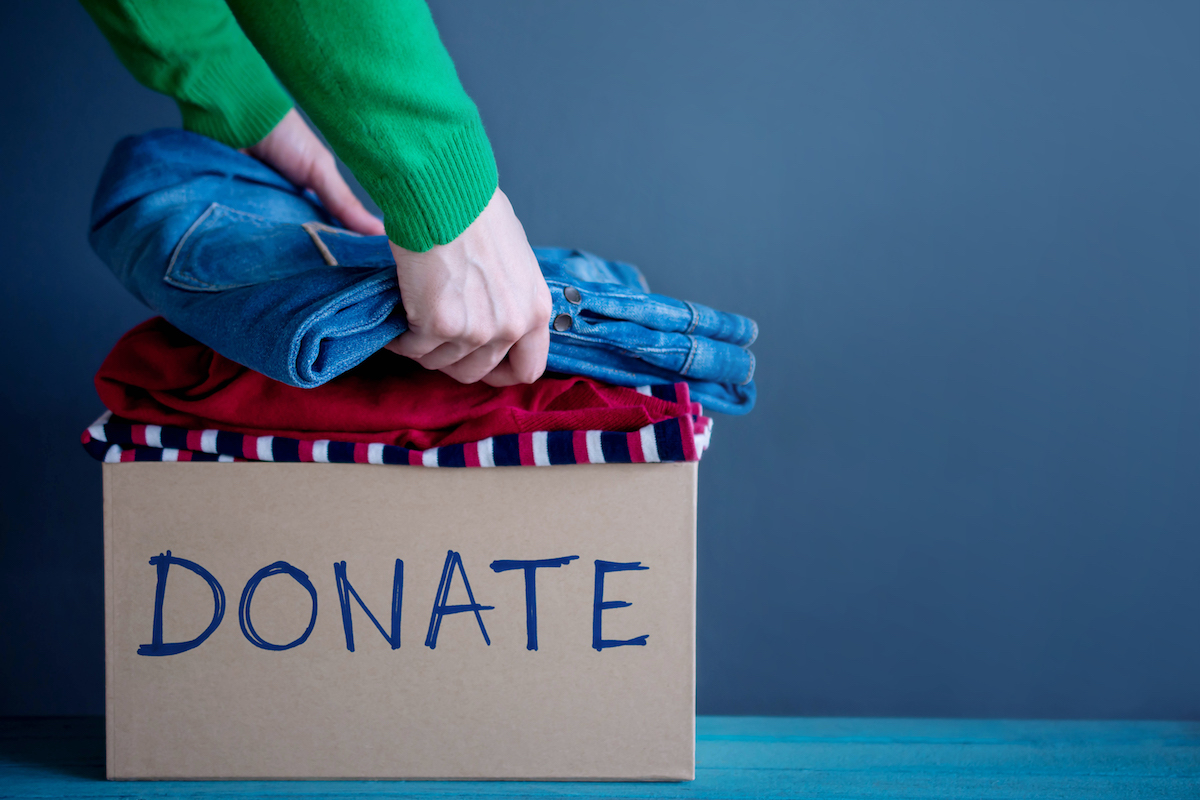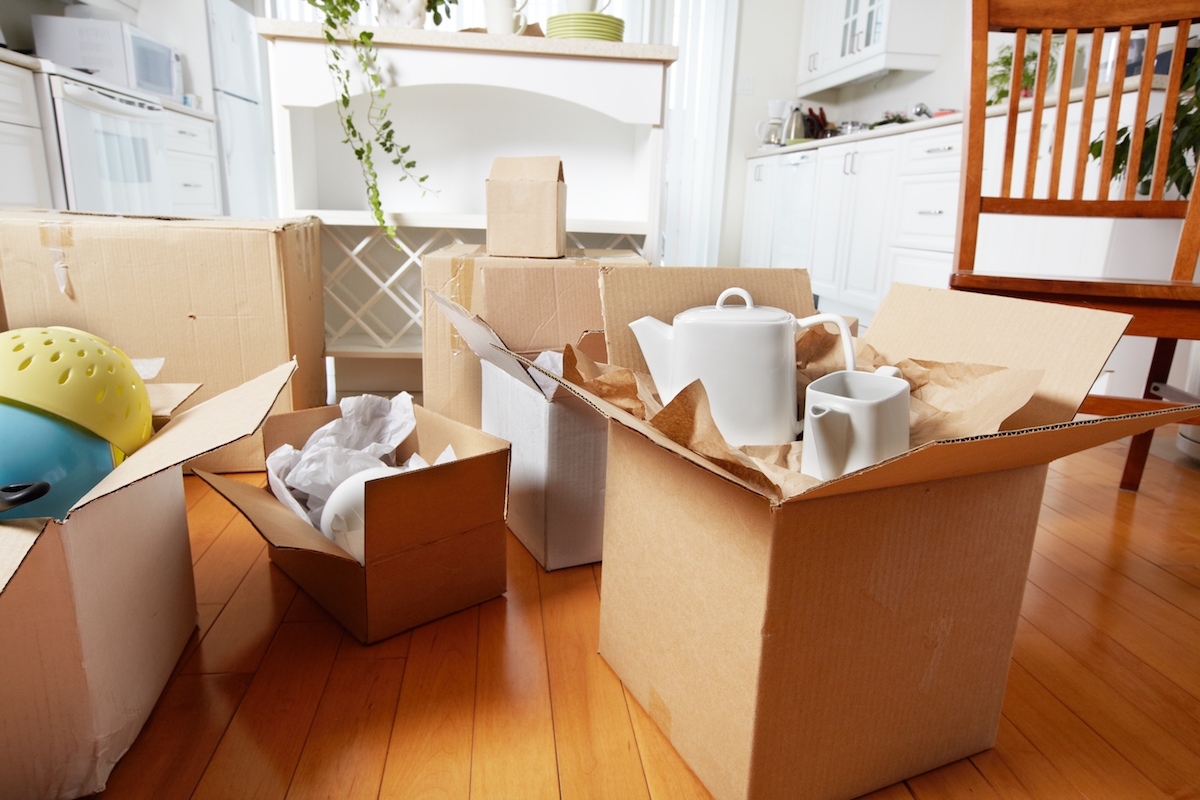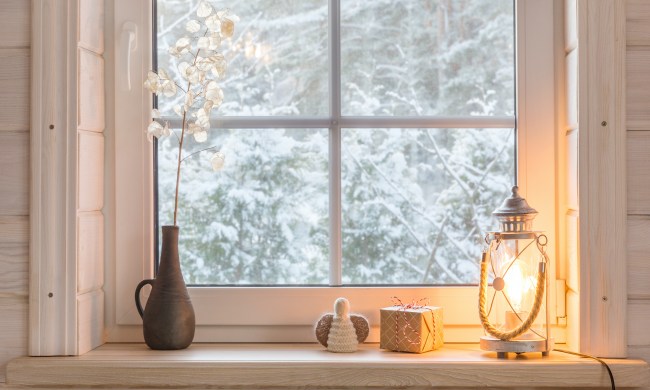Moving is never an easy process, no matter how many times you’ve done it. Though you may love your new place when you get there, getting out of the old one can be stressful. There are so many things to think about and remember, and if someone is moving into your place, timing everyone’s moves with closings, moving companies, and deliveries can feel like you’ve got entirely too many balls in the air and only two hands to catch them.
We’ve created a checklist of sorts to help you remember all you need to do, and threw in some tips and tricks from our collective moving experience. If you avoid unnecessary pitfalls and feel a little more prepared, we’ve done our job.

Ordering boxes
Ensuring you have enough boxes (in the correct sizes) will help your move run much more smoothly. There are plenty of big box stores like Lowe’s and The Container Store that sell bundles of small, medium, and large boxes, but they can be expensive. Ask friends who’ve moved recently if they have any you can borrow. Go to your local hardware store and ask if they have any in the back you can take off their hands. Finally, most moving companies will have wardrobe boxes you can use for a small fee, and they make moving your closet of clothes much easier and more efficient because you can keep hanging clothes, well, hanging.
Change of address
The USPS has an online change of address form to make new-address notifications a breeze. Filing this form as soon as possible means all your bills will come to the right place, and you won’t miss out on any important correspondence. Remember, pieces of mail will likely slip through the cracks, so get the contact information of the person moving into your home and text them every week or so asking if you’ve received any mail. The USPS can also hold your mail for a week or so during your move (or however long you need), so things don’t get lost in the shuffle.
Who to notify
While change of address forms take care of your regular mail, you’ll also want to contact your kid’s schools, your HR department at work, the IRS, friends, family, doctor’s offices (including veterinary offices), and update any online saved information that houses your address (looking at you, Amazon). In the weeks after the move, it helps to keep track of forwarded mail (i.e., magazine subscriptions) and contact those individually as you receive them. Inevitably, there will be some business you’ve forgotten about.
Get a new driver’s license
This is one you can quickly forget about, but depending on the state you live in, you may have only 30 days (or less) to update your license with your new address. No one wants to spend time at the DMV, but those 30 days will go by quickly with all you have to do to make your new house a home. The last thing you need is to get pulled over and get a ticket for something as annoying as this.
Related: Don’t Add Miles to Your Car During Your Move: Try Vehicle Shipping

Get rid of unwanted items
The last thing you want to do is move unneeded items – what a waste of space, time and money! To alleviate this, call around to local charities to see where you can donate unwanted items. Some organizations are pretty specific about what they will and won’t take, so calling ahead will save you time and frustration. If you have gas, old paint, oil, TVs, or any flammable items to dispose of, call your city to find out where those can be delivered. If you’re looking to sell items, check out Craigslist, Facebook Marketplace, or consignment shops in your area and get them sold sooner rather than later.

Start with the kitchen
It may seem strange to start with the room you use the most, but it’s the room that will take the most amount of time. Start by packing items you rarely use, holiday decor, or big items like serving dishes. As you get closer to the move day, get all those dishes, extra silverware, and 100 coffee mugs into boxes. Get used to sipping your soup from an old mug. At some point, you’ll need to call it and order take out until you move.
This obviously isn’t a complete list of everything you need to accomplish before you move homes, but it hopefully gives you some ideas of things you may not have thought about. The name of the game is checking things off your list (and it’s going to be a big list).
The best way to go into a move is with patience, a deep breath, and an understanding that things will go wrong. If you can accept that fact upfront when things do happen, it can roll off your back, and you can concentrate on the fun part of moving—a brand new space to call your own.



